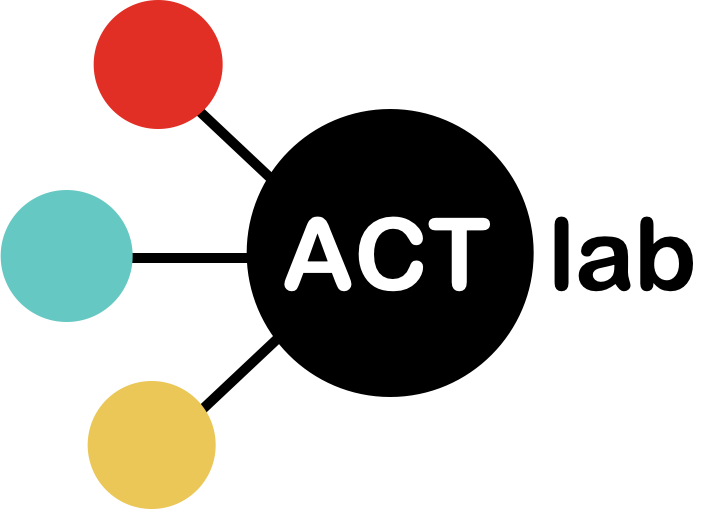What does digital and data ageism look like?
Building on recent scholarship detailing the intersections of data and oppression, the Exploring Mobile Environments for the Role of Age using Longitudinal Data (EMERALD) project will collect longitudinal data using Android phones in order to explore the changing nature and the extent of ageism in older adults’ typical mobile environments. In doing so, the researchers question the role that age plays in defining the types of information that individuals encounter when they use their smartphones.
To answer this question, EMERALD will set up multiple mobile phone profiles, each corresponding to different age adult groups (35, 55, 65 and 75). Each of the devices are then used to perform identical data retrieval activities, such as seeking dining, driving, or entertainment options, finding information about health and fitness, finances, or medical issues. Through studying the changing nature of information presented to adults at various points in their lives, researchers hope to understand whether and how age impacts the digital information presented (or kept from) users.




